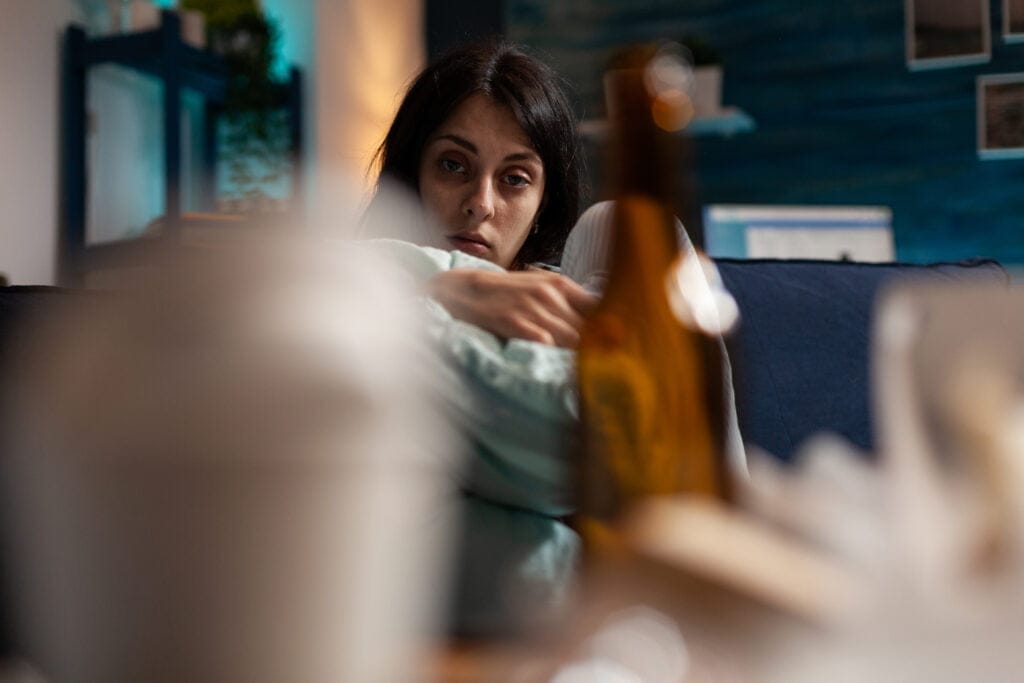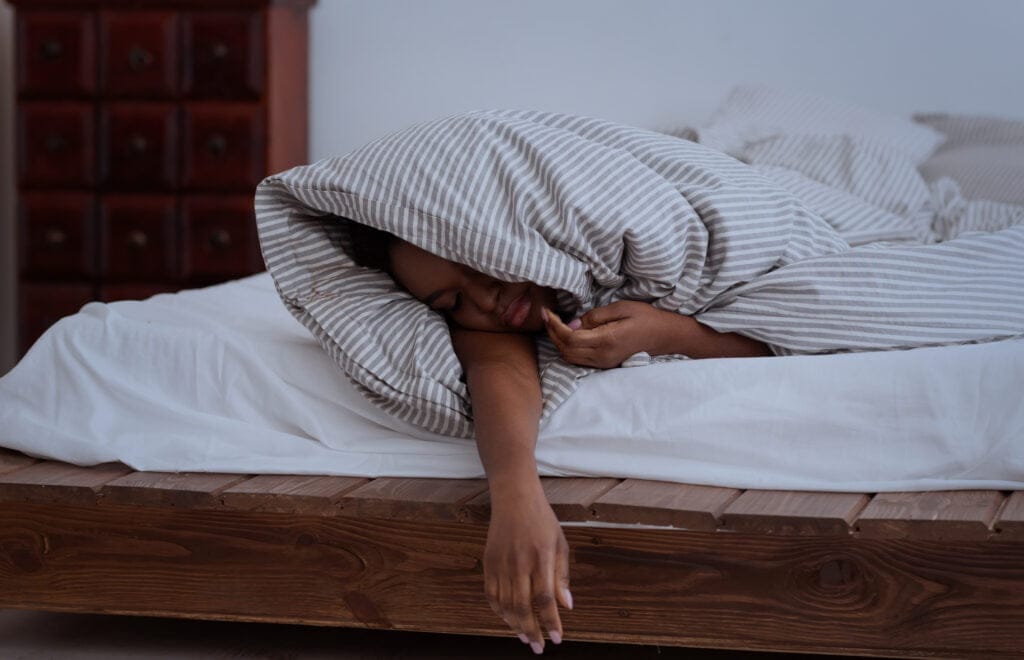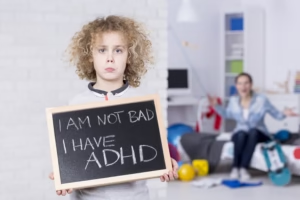Welcome to Acceptance Path, a thought-provoking podcast that explores the intersections of alcohol and anxiety, mental health, personal growth, and everyday life. In this eye-opening episode, hosts AJ Huynh and Sheree Morgan delve into a topic that’s both pervasive and often misunderstood: the effects of alcohol on mental health.

Two mental health experts have joined forces to make an uplifting podcast about well-being and personal growth. We use this show to share fresh and sometimes eye-opening ideas, helping listeners create a more fulfilling life. We’re not pushing any one viewpoint – instead, we’ll bring in guests from all walks of life to expand our understanding of the world. Come along with us as we explore different outlooks together.
AJ Huynh and Sheree Morgan explore how alcohol affects mental health in this eye-opening episode of Acceptance Path. They discuss the surprising ways alcohol impacts anxiety, depression, and ADHD, sharing personal insights and research-backed information. The hosts offer practical strategies to reduce alcohol dependence and embrace healthier ways to cope with life's challenges.

Sheree kicks off the conversation with a candid admission: “Full confession, and I’m totally just being honest and transparent here. While I was doing this research, I was drinking a glass of wine. And the more that I researched, I just kept thinking, ‘Oh my gosh, I had no idea.'”
This moment of self-reflection sets the tone for an illuminating discussion about the complex relationship between alcohol consumption and our emotional well-being. As mental health professionals, AJ and Sheree bring both expertise and personal insight to this critical subject.

The Sobering Statistics
Before diving into the intricate ways alcohol impacts our mental well-being, let’s examine some eye-opening statistics shared by Sheree:
“According to the CDC, around 178,000 Americans die from excessive drinking every year. Two-thirds of those deaths are due to long-term consumption-related illnesses like cancer—I had no idea that alcohol was related to cancer—heart disease, liver disease, and alcohol use disorder.”
She continues, “The World Health Organization estimates that globally, approximately 2.6 million people die from alcohol-related causes every year. Alcohol is the number one substance [used by] Americans 12 and older… Teenagers who drink are six times more likely to become adult alcoholics.”
These statistics paint a stark picture of alcohol’s impact on public health. However, the effects of alcohol on mental health are equally concerning and often overlooked.
Alcohol and Anxiety: How Alcohol Affects the Brain
To understand the effects of alcohol on mental health, we must first examine how it interacts with our brain chemistry. Sheree explains, “When we drink alcohol, it has a calming effect. We have these things called GABA receptors. That’s the calming part of the brain. So when we first start drinking alcohol, it ignites those GABA receptors. And then we feel peaceful and less anxious during the initial phases of drinking.”
However, this initial calm is deceptive. As Sheree continues, “The brain recognizes that there’s a lot of calm and it wants to balance, so it releases glutamate, which in excess can cause jitteriness and anxiety.”
The Cycle of Anxiety and Dependence
For those who drink regularly, especially at consistent times, the brain begins to anticipate the incoming alcohol. Sheree describes this process: “If you drink at a regular time each day, like if you get off work and then you get home and have a glass of wine, for example, and you do that every day, then your brain begins to recognize this. It’s like Pavlov’s theory… Your brain recognizes the schedule and over time it anticipates the alcohol. It goes ahead and releases the glutamate ahead of time to balance what it knows is coming.” An interesting relationship between alcohol and anxiety that many counselors don’t know about.
This anticipatory response can lead to feelings of anxiety and jitteriness even before the first sip is taken. Over time, this cycle can create a dangerous dependence, linking alcohol and anxiety together. As AJ points out, “You’re using alcohol to reinforce yourself… It’s like a reward. Like, ‘Oh, I did a lot today. Let’s have a drink.’ And it’s a very slippery slope.”

Depression and Alcohol: A Troubling Partnership
The effects of alcohol on mental health extend beyond anxiety. Alcohol is a depressant, and while it may provide temporary relief from negative emotions, it often exacerbates depression in the long run. Sheree notes, “Studies have shown that alcohol takes a full 24 hours to exit our system. And if we’re older or we have built up a higher tolerance, then that process can take several days.”
During this extended period, residual alcohol in the body allows the mind to dwell on sadness, painful memories, and difficult thoughts. This prolonged exposure to negative thinking patterns can deepen existing depression or contribute to the development of depressive symptoms.
The Impact on Sleep and Overall Well-being
One of the most significant ways alcohol affects mental health is through its disruption of sleep patterns. AJ explains, “Dr. Rubina [a previous guest] briefly mentioned how a lot of the hangover is caused by the lack of deep sleep… Your body is so in distress already after [drinking], because it triggers a lot of inflammatory reactions within your body to get rid of the poison.”
Without proper restorative sleep, individuals are more likely to experience increased irritability, difficulty concentrating, heightened anxiety, worsened depressive symptoms, and impaired cognitive function.
AJ recently wrote an article on how to improve your sleep and tackle insomnia. Click here to read more.

The Long-term Effects on Brain Health
Research has shown that even light to moderate drinking can have noticeable effects on brain volume. Sheree shares, “Dr. Henry Kranzler and research from the University of Pennsylvania… [showed that] just even light to moderate drinking has an effect on the volume of our brain.”
This reduction in brain volume can have far-reaching consequences for cognitive function, emotional regulation, and overall mental health. It’s a stark reminder that the effects of alcohol on mental health are not just immediate but can have lasting impacts on brain structure and function.
Alcohol and Cancer: An Unexpected Connection
While not directly related to mental health, it’s worth noting the surprising link between alcohol consumption and cancer risk. Sheree mentions, “Some studies show that one drink is equivalent to two cigarettes in the carcinogens that are in the alcohol.” This information adds another layer of complexity to the decision-making process around alcohol consumption and its overall impact on health and well-being.
Breaking the Cycle: Strategies for Healthier Coping
Understanding the effects of alcohol and anxiety and on mental health, in general ,is the first step toward making positive changes. Here are some strategies for those looking to reduce their alcohol consumption and improve their mental well-being:
- Practice mindfulness: Learn to sit with uncomfortable emotions rather than immediately seeking to numb them with alcohol. As Sheree shares from her personal experience, “Just trying to refocus my brain, but it took a mindfulness to be able to do that. I had to be aware of the uncomfortable… than just feeling uncomfortable.”
- Explore non-alcoholic alternatives: Sheree notes, “Studies are showing that non-alcoholic drinks… are in high demand. Sales have been rising in non-alcoholic drinks… So if somebody’s wanting to shift and not drink alcohol so much, then the science and the data show that lots of people are in that boat.” AJ adds that sales of non-alcoholic beverages have increased by 32%, which is “humongous.”
- Find supportive communities: Sheree suggests, “If you have a bunch of girls and we talk about going out and let’s all get some margaritas. Well, what if we go out and we don’t get margaritas, but we find… these new virgin drinks?” AJ emphasizes the importance of community, stating, “If you hang out with people who are successful in their own field, not just money wise, you’re more likely to get pulled by them.”
- Engage in alternative activities: Both hosts encourage finding new hobbies or interests that don’t revolve around drinking. Sheree mentions book clubs, intramural sports, and community service as options.
- Seek professional help: If you’re struggling with alcohol and anxiety, don’t hesitate to reach out to a mental health professional for guidance and support.
- Take it one day at a time: As Sheree mentions, “The actor Russell Brand suggests that one way to quit drinking is simply thinking about not drinking that day, rather than thinking about quitting for a lifetime.”
- Be aware of your motivations: AJ cautions, “For me, anyone that uses alcohol as a way to get rid of anything uncomfortable… they are struggling with alcohol because it becomes a very slippery slope.”
Mindfulness is also a powerful tool that can be implemented to tackle this grave challenge of alcohol use. I recently wrote an article discussing how mindfulness is commonly misconstrued. Click here to check the article.
Recognizing Potential Alcohol Issues
Sheree shares insights from the Recovery Village Drug and Alcohol Rehab Organization, which lists 10 signs that someone may have a problem with alcohol consumption:
- Replacing meals with drinks
- Behavior changes when drinking
- Inability to have just one drink
- Experiencing blackouts
- Always having a reason to drink
- Hiding alcohol consumption
- Frequently joking about drinking
- Feeling ashamed about drinking habits
- Alcohol and anxiety seem to appear together
- Separating different aspects of life (e.g., drinking life vs. home life)
- Unsuccessful attempts to quit drinking
Sheree emphasizes, “Nearly 20 percent of people with alcohol addiction are high functioning and therefore they don’t feel like they have a problem.”

The Role of Mental Health Professionals
As mental health practitioners, it’s essential to incorporate questions about alcohol consumption into our assessments and ongoing treatment plans. Sheree admits, “I never even thought about asking about… What’s your alcohol consumption look like? I ask about exercise. I ask about sunshine. I ask about what your diet is, but I never ask, what their alcohol intake is. And after doing all this research, I thought, well, okay, this is going on the list of things to talk about as well.”
Understanding a client’s drinking habits can provide valuable insights into their coping mechanisms, sleep patterns, and overall mental health. By educating clients about the effects of alcohol on mental health, we can help them make informed decisions about their drinking habits and explore healthier alternatives for managing stress, anxiety, and depression.
If you’re interested in seeking professional helps, I strongly recommend checking out the article I recently wrote about the purpose of counseling and different types of counseling. Click here to check out the article.
Conclusion: A Path to Better Mental Health
As AJ and Sheree wrap up their discussion, they emphasize that while alcohol may seem to provide temporary relief from stress or anxiety, the long-term consequences can be severe, exacerbating mental health issues and creating new problems.
Sheree concludes, “We know that drinking alcohol seems to cure our anxiety and depression in the moment, but now we know that it actually makes it worse.” AJ adds, “It does the exact opposite.”
By understanding these effects and implementing healthier coping strategies, individuals can break free from the cycle of alcohol dependence and improve their overall mental well-being. As a society, we must continue to raise awareness about the intricate relationship between alcohol and anxiety, mental health in general, fostering a culture that prioritizes genuine emotional well-being over quick fixes.
Remember, the path to better mental health doesn’t have to involve alcohol as alcohol and anxiety are strongly linked. By embracing alternative coping mechanisms, seeking support when needed, and prioritizing our mental and physical health, we can create lasting positive change in our lives and communities. As AJ poignantly notes, “Humans were like naturally born to, to suffer… uncomfortable feelings is itself is an advantage.” Learning to navigate these uncomfortable feelings without relying on alcohol is a crucial step towards improved mental health and overall well-being.



